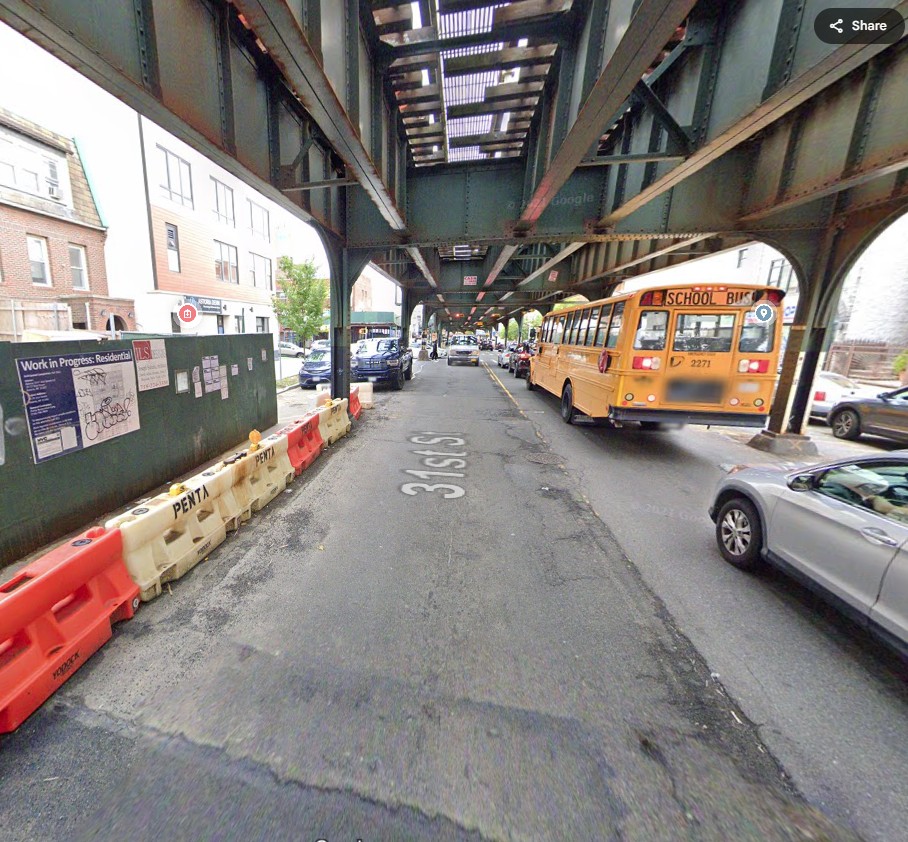A Safer Astoria for All: Balancing Bicycle Safety and Small Business Needs
 As personal injury lawyers serving the Queens community — and as legal advocates who have seen firsthand the devastating consequences of bicycle accidents — we feel compelled to weigh in on a matter that’s deeply impacting our neighbors in Astoria: the proposed protected bike lane on 31st Street.
As personal injury lawyers serving the Queens community — and as legal advocates who have seen firsthand the devastating consequences of bicycle accidents — we feel compelled to weigh in on a matter that’s deeply impacting our neighbors in Astoria: the proposed protected bike lane on 31st Street.
This debate is about more than infrastructure. It’s about lives, livelihoods, and the possibility of building a safer, stronger community.
The Harsh Reality of Bicycle Accidents
Each year, we represent individuals and families whose lives have been forever changed by preventable bicycle crashes. From delivery workers struck by distracted drivers to children injured on their way to school, the impact of these incidents is heartbreaking.
According to NYC Department of Transportation (DOT) data, between 2020 and 2024, two people were killed and 11 others seriously injured on 31st Street alone. These aren’t just statistics — they’re real people who deserved safer streets.
That’s why proposals aimed at reducing these tragedies deserve serious consideration.
Respecting the Concerns of Local Businesses
We want to be clear: we stand with Astoria’s small businesses. The shops, studios, restaurants, and local service providers that line 31st Street are not just economic assets — they are the heart of this neighborhood. Many are owned by families who have poured generations of effort and care into their success.
Business owners are right to raise concerns about how any major street redesign — including the proposed bike lane — might affect loading zones, customer access, and day-to-day operations. These are not abstract worries; they are legitimate and deserve attention.
Collaboration Over Conflict
What’s concerning to many is the perception that the DOT has moved forward without adequate dialogue. The 31st Street Business Association, representing 54 local establishments, gathered over 4,000 signatures urging the city to reconsider the plan and explore alternatives.
We believe collaboration is essential. The best solutions are developed with the community — not delivered as a “done deal.”
Bike infrastructure and business prosperity are not mutually exclusive. In fact, studies in other NYC neighborhoods have shown that well-planned bike lanes can increase foot traffic and support local economies, when paired with smart curb management.
What a Balanced Approach Could Look Like
If this bike lane is to succeed — and it must, if it can help save lives — it also needs to address the logistical realities facing 31st Street:
-
Strategically timed loading zones that don’t interfere with peak business hours
-
Clear curbside management policies to avoid delivery disruptions
-
Community-designed safety features like better signage, lighting, and pedestrian crossings
-
Transparency and regular communication between the DOT and local stakeholders
A Shared Vision for Safer Streets
As bicycle accident attorneys, we have seen the emotional and physical toll of bicycle accidents — too many times. Our job is to fight for victims and families, and part of that fight includes advocating for safer infrastructure to help prevent future tragedies.
We also believe deeply in the value of local businesses and the people who keep our neighborhoods vibrant and unique.
We urge city leaders to revisit this proposal with care, and with the understanding that safety and economic vitality can go hand-in-hand — but only if the community is fully brought into the process.
If you or a loved one has been injured in a bicycle crash in Queens, our team of personal injury lawyers is here to help. We are committed to protecting your rights and promoting safer, more inclusive streets for everyone. Call us at 212-943-1090 for a free consultation
picture of 31st Street: Courtesy of Google Map
 New York Personal Injury Attorneys Blog
New York Personal Injury Attorneys Blog


